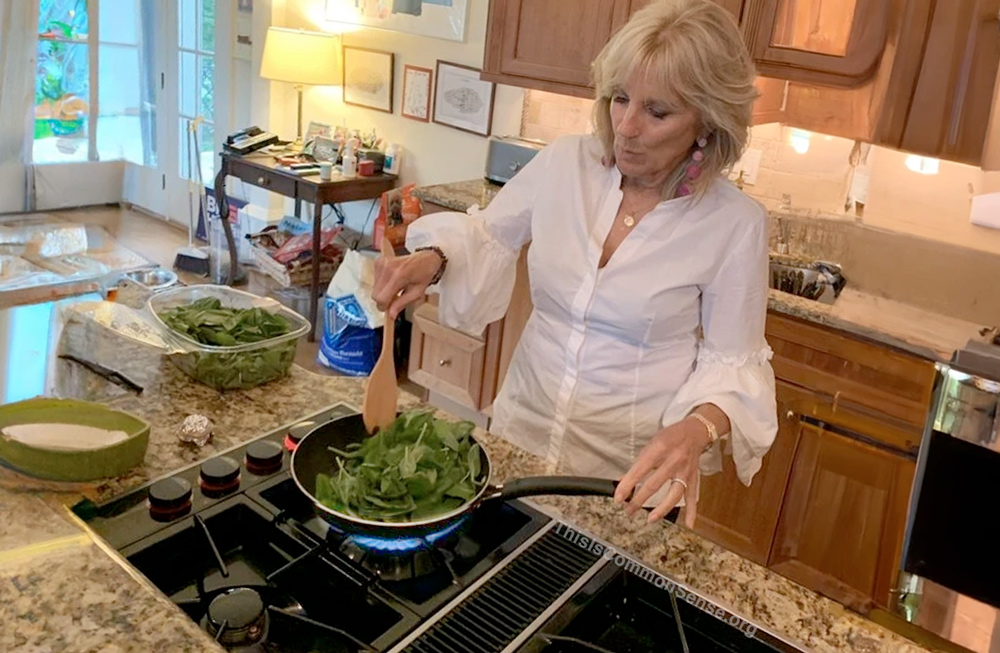You must place explosives a certain way when demolishing a building to avoid damaging surrounding structures. But if you just want to destroy, you can forget about such precautions.
Could this be the perspective of those demanding national rent control?
They forget — or ignore — the destruction of living space inflicted by incentive-incinerating rent controls in places like New York City and Santa Monica.
Rick Moran perceives that President Biden is making a “first move toward a radical national rent control law,” telling agencies to find ways to stop rent increases. Biden is doing so at the behest of 50 congressional communists who have implored him to take executive action to save tenants from rising rents.
According to their letter, “rent is too high and millions of people across this country are struggling to stay stably housed as a result.” Meanwhile, landlords are “increasing the rent for their own profit …”
Profit? In a market economy?
Rising rents! Caused by … ?
But if you just want to “solve the problem” and have been trained to be heedless of the destruction regulation can cause, you needn’t think about cause and effect — who did what and how and why. In the interventionist mentality, when oil or food or housing prices zoom upwards, only one cause is possible, and it has nothing to do with politics and policies already in place.
Even if the government’s central banks have been zanily pumping up the supply of money and credit while city and state bureaus have been going all-out to hamper and halt production.
That single cause, they contend, can only be the grasping, grabbing, profit-seeking capitalists. You know. The bums who make their riches (when they do) by supplying us with what we need.
This is Common Sense. I’m Paul Jacob.
Illustration created with Midjourney
—
See all recent commentary
(simplified and organized)





